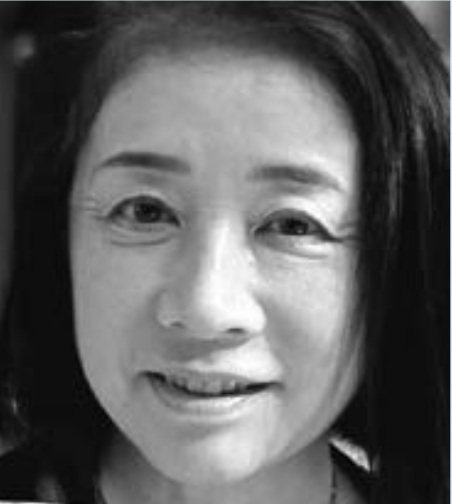 I graduated from Yokohama National University in Japan as a social studies major and obtained a teaching license for elementary, junior high, and high school. My first job, at IBM, involved computer science (coding, database normalization, memory management, and network design). I found that one’s background (whether it be humanities or STEM) did not matter as much as the ability to use logical thinking to solve real-world problems.
I graduated from Yokohama National University in Japan as a social studies major and obtained a teaching license for elementary, junior high, and high school. My first job, at IBM, involved computer science (coding, database normalization, memory management, and network design). I found that one’s background (whether it be humanities or STEM) did not matter as much as the ability to use logical thinking to solve real-world problems.
I had assumed that computers were out of reach for humanities majors. However, after my experience at IBM, I realized that confining oneself with a label such as “humanities” can limit one’s potential. Another observation I made over the years is a cycle of “fulfilling” and “stagnant” periods in my career. There have been times when my career was not going well; I have come to see these times as opportunities for growth that can help lead to success down the road.
In the fast-changing IT industry, we need to be mindful of our stock—knowledge and skills—and how to balance it with flow. After I acquired valuable skills, I was invited to join many projects and take on higher-level roles. For a while, I was praised, received a salary raise, and everything seemed to go well. But I realized my skills were becoming outdated, and I felt a kind of emptiness from repeatedly using the same knowledge.
A few years after I joined IBM, as I took on more responsibility and more challenging projects, I began to feel my knowledge was not deep enough. I wanted to understand the fundamentals of IT, so I attended graduate school while continuing to work. There, I focused on quality management and a question I had long wondered about in software development: What is the difference between a failed project and a successful one? Through my research, I came to understand one of the causes of the failure of a project I participated in. It gave me a broader perspective; something I couldn’t see when I was struggling inside the project.
The next year, I entered the doctoral program under Professor Tamai at the University of Tokyo to explore software engineering and requirements engineering. I became a research manager at IBM Research-Tokyo, creating an environment where I could maintain a balanced career.
As I found my footing as research manager, I had little time to work on my doctoral thesis. I even went to the U.S. for a year, on assignment at IBM’s Thomas J. Watson Research Center. After returning to Japan, with only six months left to complete my thesis, I got to work and on December 24, 2009. It was the best Christmas gift of my life. In 2013, I left IBM and joined Microsoft, where I learned about Microsoft’s public cloud Azure.
Then, the COVID-19 pandemic hit. The two years of fully remote work was a time of immense technological benefit and personal fulfillment for me. My life had been centered around work, but this period enabled me to rediscover the importance of family and embrace new personal values.
As the end of the pandemic came into view, I took on the role of local finance chair for an IEEE international conference in Osaka, which opened the door to my next career move. I accepted an offer to teach a seminar course at the Department of Global Business at Toyo University Graduate School. This presented another new challenge and source of fulfillment: engaging in English-language discussions with international students. Ultimately, this led me to pursue my current position as a professor at Kansai University.
While I am no longer fully immersed in both the business world and academia, my career continues to be shaped by two enduring themes: passing on the knowledge and experience I have gained in both domains to the next generation, and revisiting research topics I rediscovered through my work in industry. I also found that a career is not about “success” but about “succeeding” on your own terms. The standard of success is far less uniform and externally defined than we often assume. That is, I believe, the key to building a career that truly satisfies.




Join the Discussion (0)
Become a Member or Sign In to Post a Comment